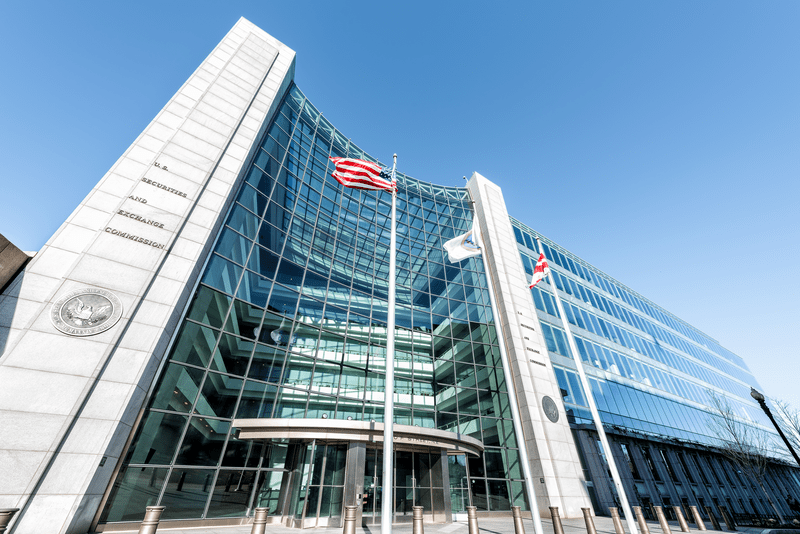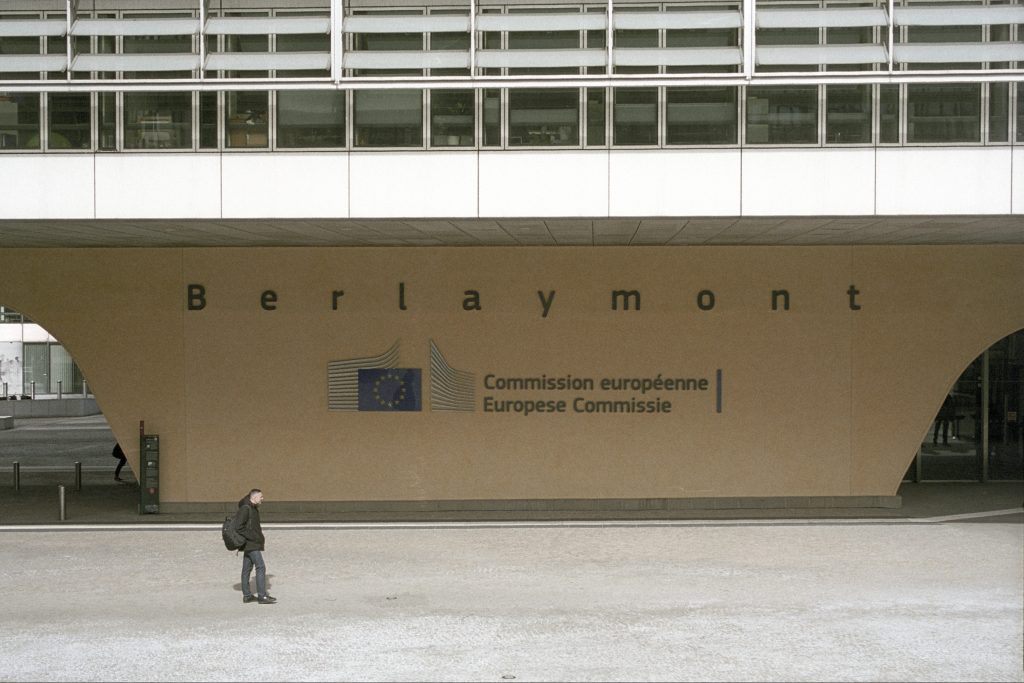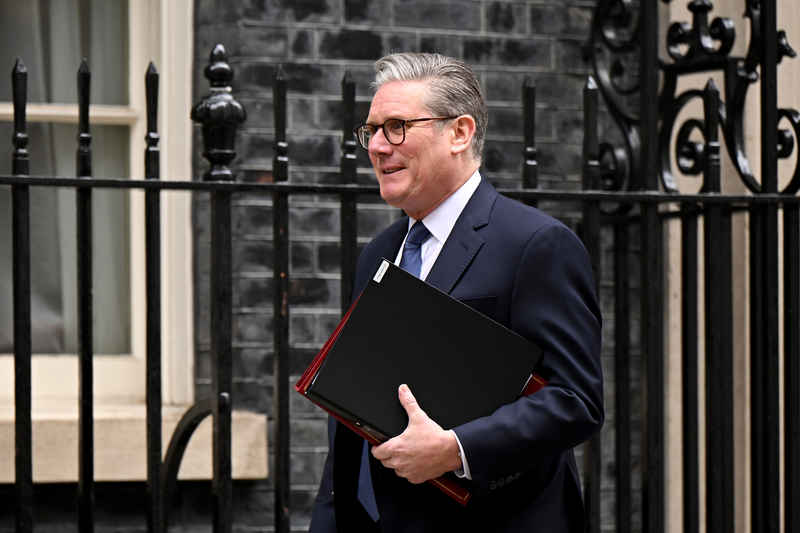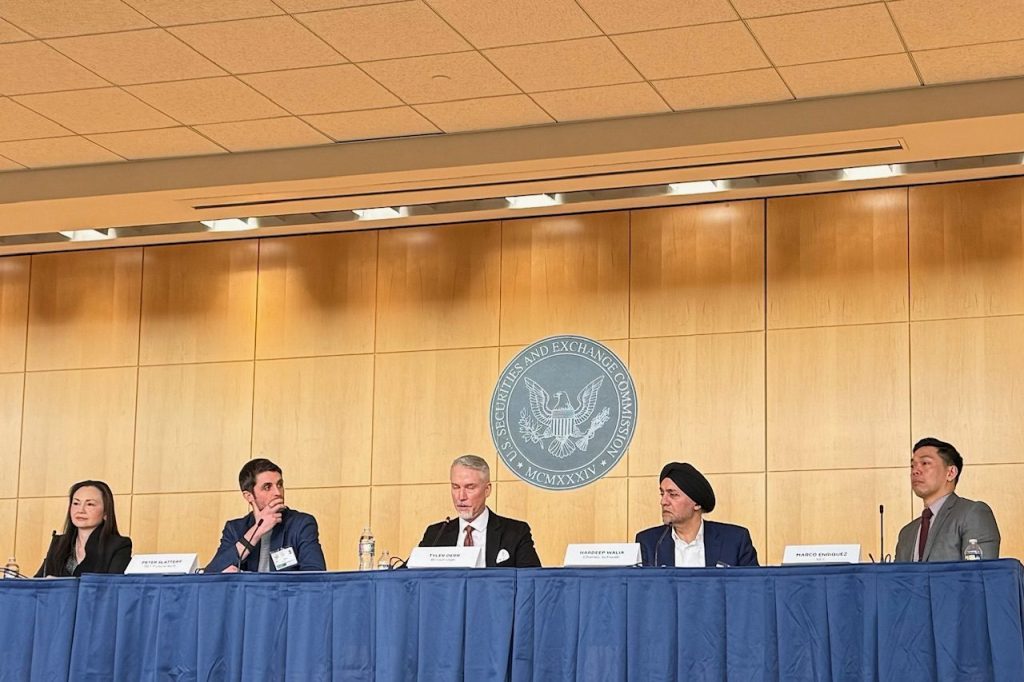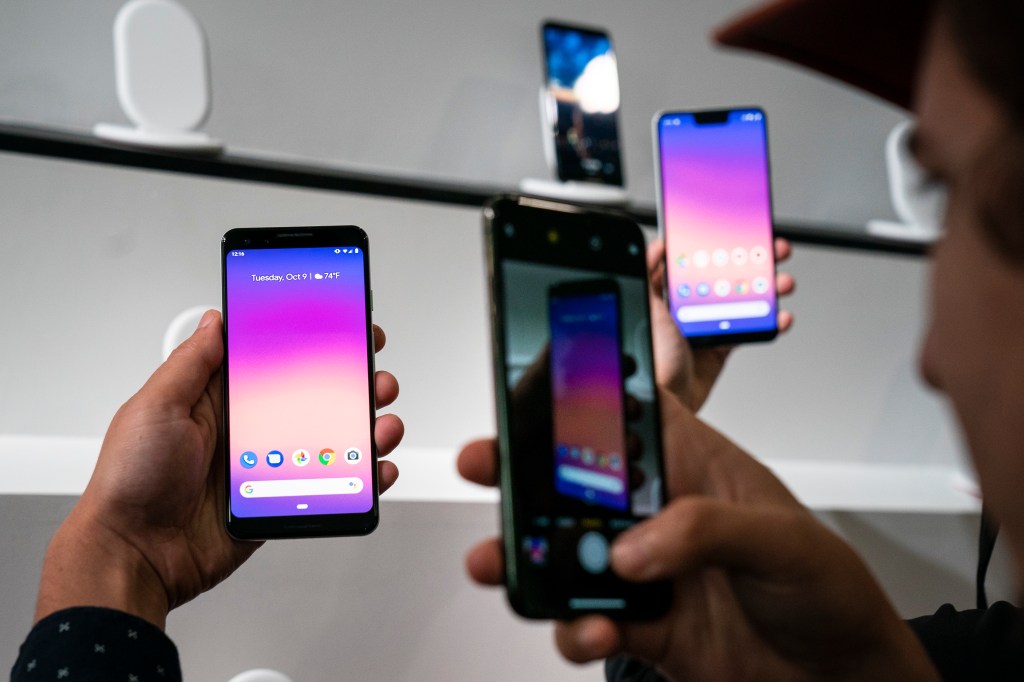The US Consumer Financial Protection Bureau (CFPB) has published a new report highlighting the impact of Big Tech companies’ policies and practices that govern tap-to-pay on mobile devices like smartphones and watches.
The agency pointed out that although Apple forbids banks and payment apps from accessing the tap-to-pay functionality on Apple iOS devices and imposes fees through Apple Pay, Google’s Android operating system does not have such a policy.
Given the agency’s mandate to ensure fair, transparent, and competitive markets and its plans to issue rules that will accelerate the shift to open banking in the US, the agency analyzed point-of-sale payments in the context of mobile operating systems to better understand the state of platform interoperability in payments, plus each of the major company’s rules around payment functionality.
“Regulations imposed by Big Tech firms have a big impact on whether consumers and businesses can make payments using third-party apps.”
Rohit Chopra, Director, CFPB
The consumer-focused agency’s new report highlights how different rule approaches can have a significant impact on innovation, consumer choice, and the growth of open and decentralized banking and payments in the US.
“Regulations imposed by Big Tech firms have a big impact on whether consumers and businesses can make payments using third-party apps,” said CFPB Director Rohit Chopra. “We are carefully evaluating Big Tech’s role in our banking and payments system.”
Apple’s iOS
As of the second quarter of 2023, Apple’s iOS operating system was on 55% of smartphones shipped in the US, and Google’s Android operating system was on 45% of smartphones shipped. Apple and Google set regulations that govern app developers’ ability to integrate near-field communication (NFC) technology into their apps, which is needed to execute tap-to-pay transactions.
The dominant market share of these two operating systems, coupled with the increasing shift toward mobile device payments, underscores the important role their policies and practices play in retail payments, the CFPB said.
Consumers’ usage of tap-to-pay options in the US has grown considerably in recent years, nearing an estimated $300bn across Apple Pay, Samsung Pay, and Google Pay, with some analysts estimating that digital wallet tap-to-pay transactions will grow by over 150% by 2028.
Contactless payments
The CFPB said Apple’s iPhone and other iOS devices do not permit third-party payment apps to access the NFC technology that is necessary to execute tap-to-pay contactless payments.
Restrictions on the use of tap-to-pay reduce consumer choice and inhibit progress toward a more robust open banking ecosystem, where consumers have more control over their personal financial information.
Apple’s proprietary payment app, Apple Pay, is the only option for tap-to-pay payments on iOS devices. While Google’s Android operating system does not currently restrict third-party payment app access to the NFC chip on Android devices, this policy could change in the future, the CFPB said.
Tap-to-pay
Restrictions on the use of tap-to-pay reduce consumer choice and inhibit progress toward a more robust open banking ecosystem, where consumers have more control over their personal financial information and developers provide payments solutions that better meet consumers’ needs, the CFPB said in the report.
For example, Apple’s current NFC policy prohibits directly integrating tap-to-pay functionality into existing banking applications and other payment apps (eg, PayPal, Venmo, Cash App).
Apple and Google will likely retain an outsized impact on consumers’ access to and use of various mobile payment solutions.
The CFPB acknowledges that the two dominant players in this space, Apple and Google, will likely retain an outsized impact on consumers’ access to and use of various mobile payment solutions, which has significant implications for open banking and interoperability, plus consumer protection, privacy and data protection.
Financial regulators in jurisdictions around the world are concerned about these topics as well, it said, and the CFPB will be working with them on developing more consistent regulations for open banking ecosystems.


